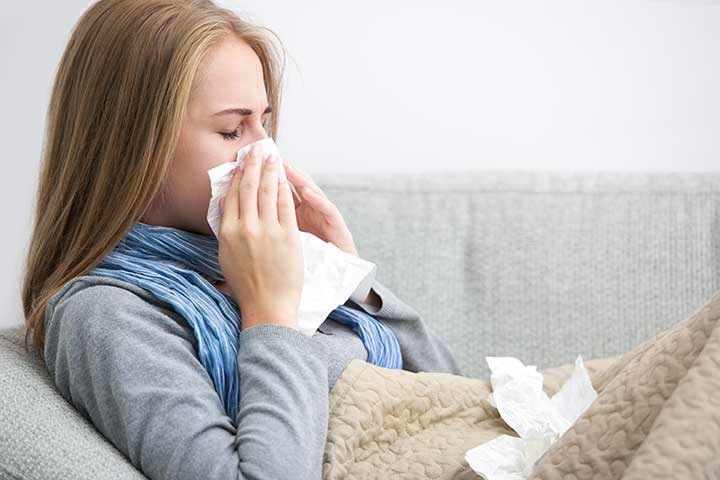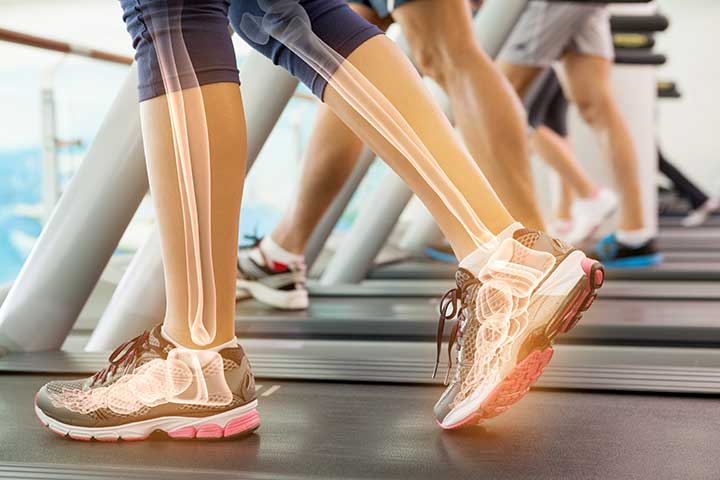While many residents in the Clear Lake, Texas, area are excited to see some cooler fall weather, the seasonal changes can pose a risk for some ENT problems. At Houston Physicians’ Hospital, we understand that ENT problems can be a hassle, so we’ve laid out all the information you need to know about the most common ENT problems of the season:
- Ear Infections
While they are most common in children, ear infections are a common fall ENT issue that can affect any age group. As the weather gets cooler, be sure to take some precautions against ear infections, especially if you are in an environment around children. It’s also important to know the beginning signs of an ear infection. The National Institutes of Health cite the early symptoms of an ear infection as trouble sleeping, fever, and fluid draining from the ear (1). If you begin to experience these symptoms, it may be due to an ear infection that needs to be addressed.
- The Cold
It’s no surprise that the common cold is a frequent ENT problem during the fall. In fact, the Journal Primary Care: Clinics in Office Practice states that about half of the population will get a cold at least once per year (2). This virus typically peaks during the colder fall and winter seasons, and can cause uncomfortable symptoms like a runny nose, coughing, and sneezing. While there is no fool-proof method to avoid the common cold, keeping your hands clean, covering sneezes and coughs, and keeping your distance from others can help decrease your chances of infection.
- Upper Respiratory Infections
As the holidays get closer and you interact with others more frequently, upper respiratory infections can become an issue. The Indian Journal of Pediatrics cites that respiratory infections account for 20-40% of outpatient attendance at a general hospital (3). Keep an eye out for signs of an upper respiratory infection, like congestion, fatigue, and a sore throat.
What to Do if You Develop One of These Conditions
There’s no way to avoid these conditions entirely, and if you notice symptoms, it’s best to seek treatment as quickly as possible. An ENT doctor with Houston Physicians’ Hospital may be able to help alleviate symptoms and address any further issues that these conditions may have caused. Additionally, keeping your distance from others when sick and frequently washing your hands can also help prevent further spread of these illnesses.
While we may enjoy a break from the Texas summer, the cooler fall temperatures present risks for developing ENT issues. For the leading name in ENT physicians in the Clear Lake, Texas, area, give Houston Physicians’ Hospital a call at (281) 557-5620.
- https://www.nidcd.nih.gov/health/ear-infections-children#2
- https://www.sciencedirect.com/science/article/pii/S0095454305703559#bib5
- https://link.springer.com/article/10.1007/BF02722930



